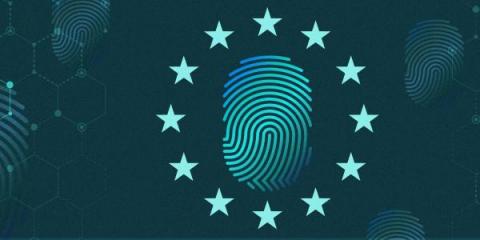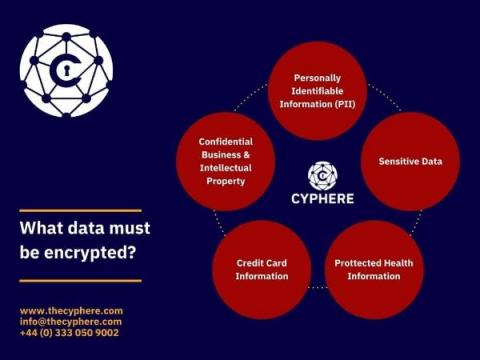Automate Data Mapping for GDPR and Other Data Privacy Laws
Whether you’re a compliance expert or a novice, adhering to data privacy laws confuses even the best of companies. One of the key points of confusion is the fact that you can’t possibly comply with current and future laws without knowing what data you collect, where it goes, and how it’s used and retained. It sounds simple, but it is not. In fact, it’s a challenge that applies to nearly every organization today.











